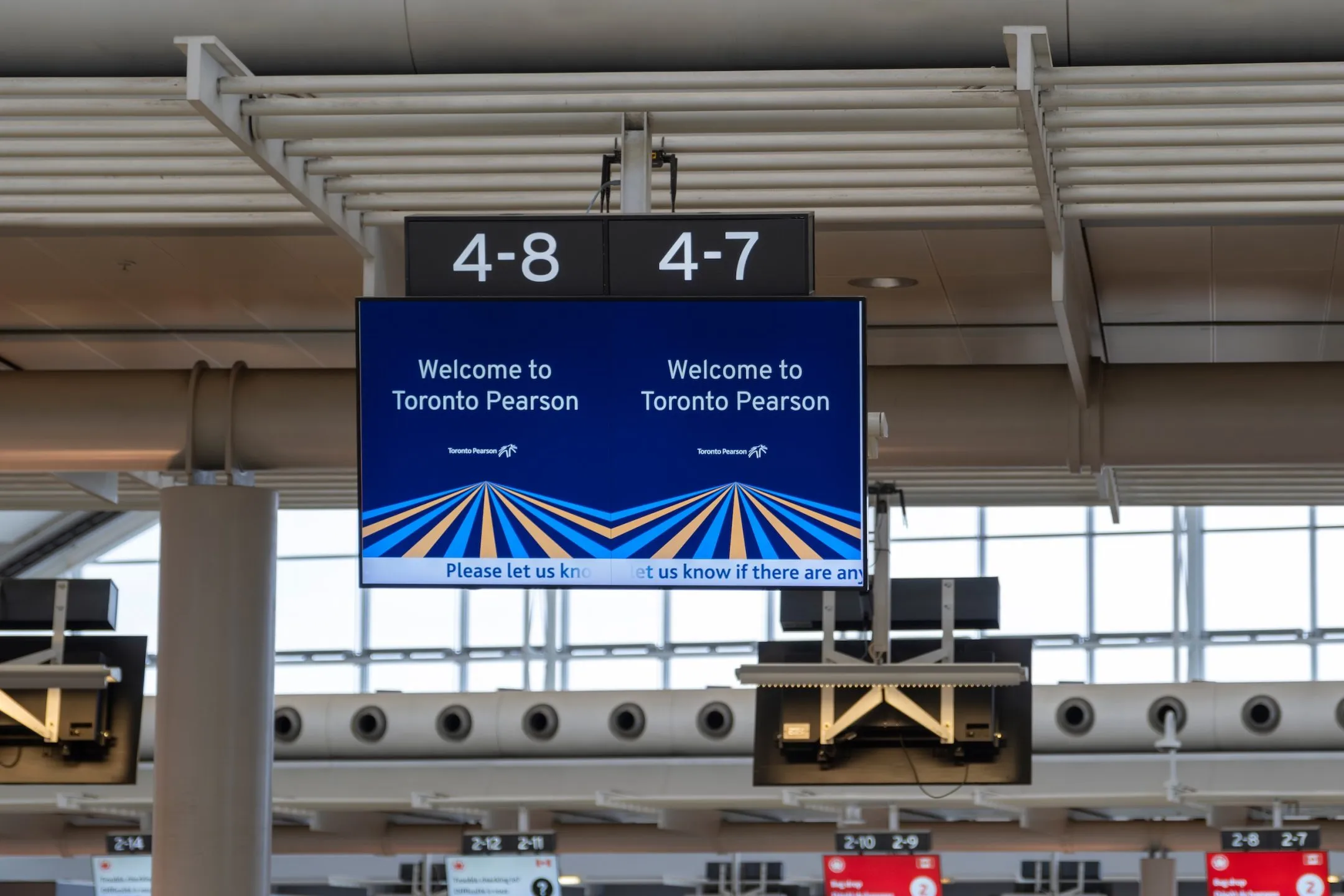The Government of Canada has announced that starting May 6, 2021, Immigration, Refugees, and Citizenship Canada (“IRCC”) will open six (6) time-limited programs aimed at assisting 90,000 essential workers and international student graduates in Canada who have temporary status, to obtain permanent residency (“PR”). Three of these programs will be aimed specifically at French speakers.
More specifically, the new programs are aimed at the following groups:
- International student graduates;
- Essential workers in healthcare;
- Essential workers in other occupations;
- French-speaking international student graduates;
- French-speaking essential workers in healthcare; and
- French-speaking essential workers in other occupations.
Available spots for the above-mentioned programs will be as follows:
- 20,000 applications for temporary workers in healthcare;
- 30,000 applications for temporary workers in other selected essential occupations; and
- 40,000 applications for international students who graduated from a Canadian educational institution.
The programs will remain open until November 5, 2021, or until they have reached their limit.
DO I MEET THE GENERAL ELIGIBILITY REQUIREMENTS FOR THE RECENTLY ANNOUNCED IMMIGRATION PROGRAMS?
To be eligible, international student graduates and workers must have proficiency (as determined by a language assessment) in one of Canada’s official languages, meet general admissibility requirements, be present in Canada, and be authorized to work and working in Canada at the time of submission. Applicants must also reside in any Canadian province other than Quebec.
In addition to the above, essential workers need at least one (1) year of Canadian work experience in a healthcare profession or another pre-approved essential occupation, and international student graduates must have completed an eligible Canadian post-secondary program within the last four (4) years (i.e., no earlier than January 2017).
IS THE POST-SECONDARY PROGRAM I COMPLETED SUFFICIENT?
To be eligible, the applicant must have graduated from a post-secondary Designated Learning Institution (“DLI”) after January 2017 and before the submission of the application.
More specifically, the applicant must:
- Have completed, before the date on which the application for PR is received no earlier than January 2017, a program of study at one of the following DLIs in Canada as defined in section 211.1 of the Regulations:
- a public post-secondary institution, such as a college, trade/technical school, university or in Quebec CEGEP
- a private post-secondary school in Quebec that operates under the same rules and regulations as public institutions in Quebec
- a private or public post-secondary institution in Quebec offering qualifying programs of 900 hours or longer leading to a diploma of vocational studies (“DVS”) or an attestation of vocational specialization (“AVS”)
- a Canadian private institution authorized by provincial statute to confer degrees under provincial law but only if the program of study completed was a degree as authorized by the province, which may not include all programs of study offered by the private institution
- Have been granted one of the following credentials, following the completion of a program of study from an eligible institution as defined above:
- a degree (Associate, Bachelor’s, Master’s, or Doctorate) which must be a degree issued on completion of a program of at least eight (8) months in duration;
- a degree, diploma, certificate, or attestation issued on completion of a program of any duration leading to an occupation in a skilled trade;
- one or more diploma/certificate/attestation where the following conditions are met:
- For diplomas/certificates/attestations, each program of study must be at least eight (8) months in duration and the combined length of the credential(s) must be equivalent to a two-year credential (at least sixteen (16) months in duration).
- For the DVS and AVS, each program of study must be at least 900 hours in duration and the combined program of study must be at least 1,800 hours.
- When combining one AVS with one DVS, the length of the AVS may be less than 9000 hours if the combined length is at least 1,800 hours.
- Each combined credential must meet the eligible program requirements as defined above, including the completion no earlier than January 2017.
- Have been authorized under the Act and Regulations to study throughout their education in Canada.
DO I WORK IN AN ELIGIBLE HEALTHCARE/ESSENTIAL OCCUPATION?
Eligible healthcare occupations include all occupational category 3 occupations (health occupations) found in the National Occupational Classification (“NOC”) system, except for Veterinarians (NOC 3114), as well as Animal health technologists and veterinary technicians (NOC 3213). Additionally, five (5) occupations from category 4 (occupations in education, law and social, community, and government services) are also considered to be eligible.
In addition, other essential occupations across several NOC categories have been deemed eligible, such as retail salespersons, general farm workers, construction trade labourers, and more. Overall, the range of occupations for the new programs is wide, from dentists to physiotherapists, massage therapists, social workers, service station attendants, drivers, food processing workers, and a wide range of tradespeople.
WHAT IF I SPEAK FRENCH AND WORK IN A HEALTHCARE/ESSENTIAL OCCUPATION?
The recently announced program will allow for an unlimited amount of French-speaking healthcare/essential workers in Canada (outside of Quebec) to become permanent residents. In addition to the above-mentioned requirements, applicants need to have a minimum Niveaux de competence linguistique Canadian (“NCLC”) of at least four (4) in all French language skill areas.
If you are a foreign national, recent international student graduate, temporary foreign worker, or an employer employing foreign nationals in any of the above-mentioned occupations and are looking for more information concerning the recently announced programs, or otherwise, we can help with your workplace immigration matter. Contact Toronto workplace immigration and employment lawyers, Sultan Lawyers at (416) 214-5111 or here.
Your Case: Our Priority.
At Sultan Lawyers PC, we are the only firm specializing exclusively in employment and immigration law. Whether your case is straightforward or complex, we have the experience and commitment to achieve the best possible outcome. Trust us to navigate the toughest challenges with you.



